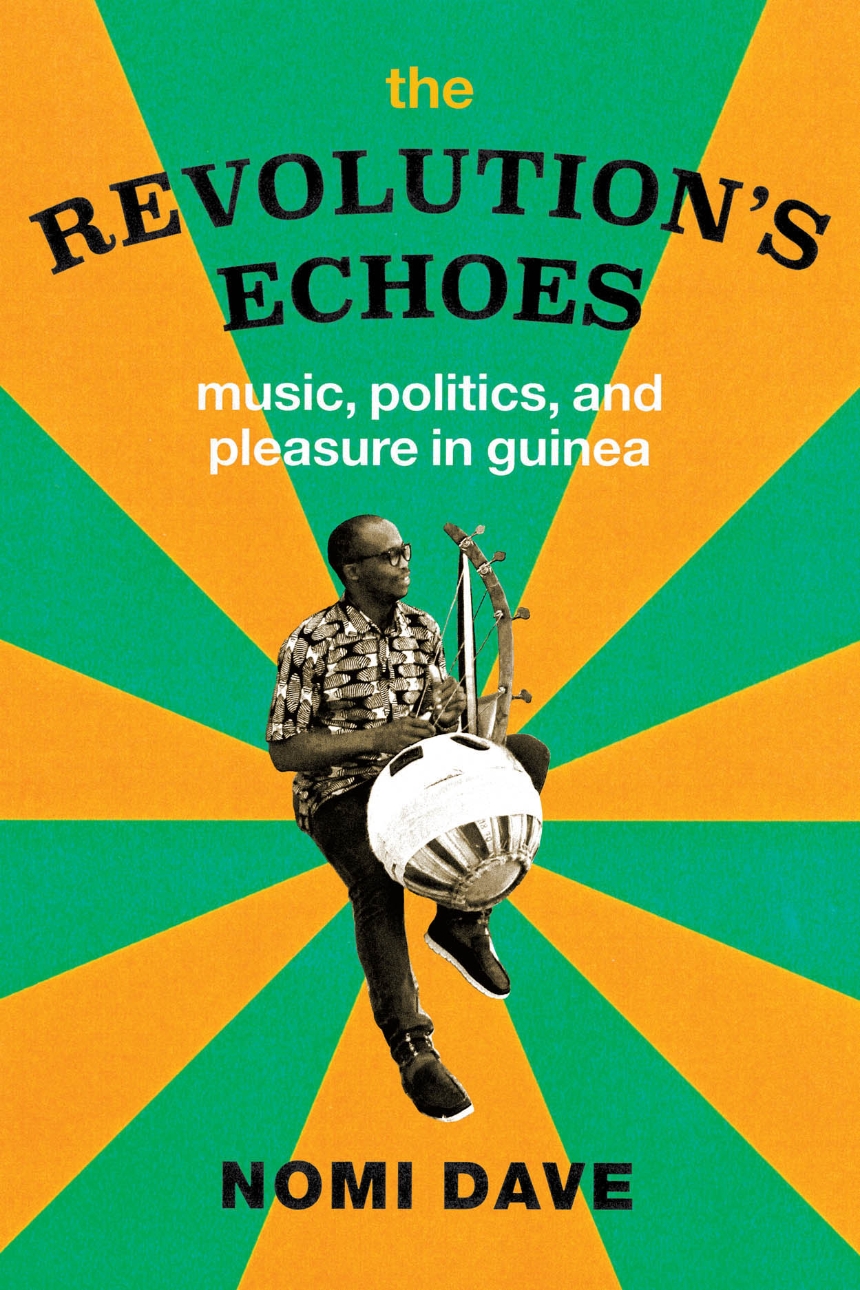The Revolution’s Echoes
Music, Politics, and Pleasure in Guinea
The Revolution’s Echoes
Music, Politics, and Pleasure in Guinea
Dave introduces readers to the music supporting the authoritarian regime of former Guinean president Sékou Touré, and the musicians who, even long after his death, have continued to praise dictators and avoid dissent. Dave shows that this isn’t just the result of state manipulation; even in the absence of coercion, musicians and their audiences take real pleasure in musical praise of leaders. Time and again, whether in traditional music or in newer genres such as rap, Guinean musicians have celebrated state power and authority. With The Revolution’s Echoes, Dave insists that we must grapple with the uncomfortable truth that some forms of music choose to support authoritarianism, generating new pleasures and new politics in the process.
208 pages | 14 halftones, 2 line drawings, 3 musical examples | 6 x 9 | © 2019
Chicago Studies in Ethnomusicology
Anthropology: Cultural and Social Anthropology
Music: Ethnomusicology, General Music
Reviews
Awards
Royal Anthropological Institute: Amaury Talbot Prize
Honorable Mention
African Studies Association UK: Fage & Oliver Prize
Shortlist
Society for Ethnomusicology: Ruth Stone Prize
Won
